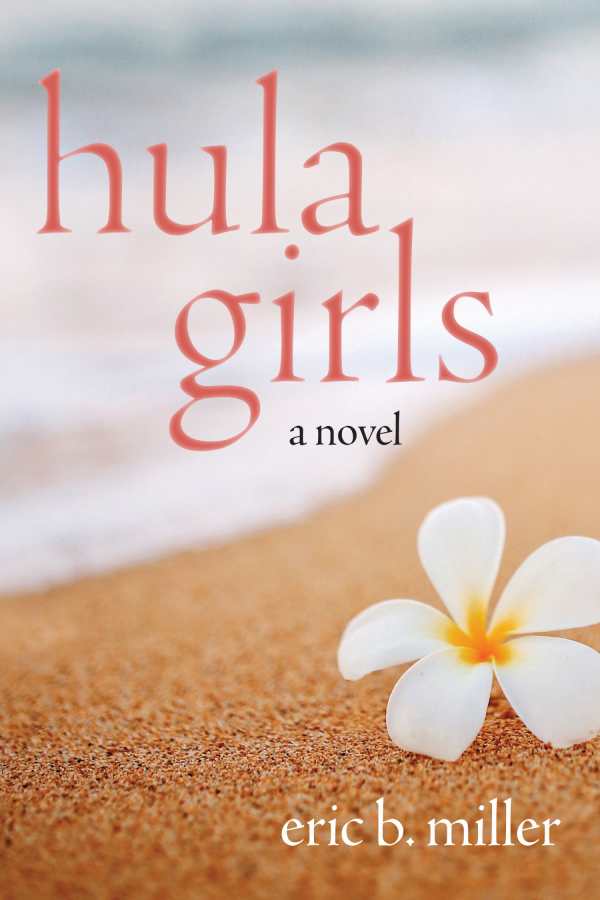Hula Girls
Hula Girls is a gritty historical novel in which a woman becomes a widow and experiences gradual flourishing.
In Eric B. Miller’s historical novel Hula Girls, a guileless navy officer’s wife matures.
Living in Hawaii from just before the attack on Pearl Harbor through the 1950s, Claudia, a housewife, endures the tedium of browsing Life, smoking Chesterfields, and dallying over chores. These activities can’t fill her days, though. With few means, too much leisure, and every belief in her husband’s patronizing ideas about marriage, she’s isolated and determined to be perfect. When her sudden widowhood leads to financial distress, Claudia and her unflagging, accepting friend, Mary Ann, search for their places in the world, navigating the contradictions of their ingrained ideas, desires, and necessities to do so.
The book captures the time period with references to fashion and the lifestyles of navy families. It depicts Hawaii in terms of its American enclaves—vibrant paradises that are nonetheless fraught with wartime precautions and social divisions. Still, its attention to Claudia’s repetitive daily chores slows its early progression.
Too often, Claudia’s concerns about her body result in lingering descriptions that infantilize and oversexualize her: she weighs her bust on a postage scale and engages in gratuitous self-exploration. Such voyeuristic scenes undermine her characterization, rendering her absurd. She becomes an archetypal blonde beauty, quick to accept of magazine ideals, given to perfunctory self-recriminations about her perceived failures, and inclined toward extreme loyalty to her departed spouse.
Claudia’s maturation is also subject to her impulses. She gains independence by finding work that she enjoys, but her abrupt about-face undoes this hopeful progress. Indeed, she spends much of the story wavering between forging her own way and looking for rent money by turning to illicit means. There are instances of reprieve from these bleak extremes, as when Claudia guides hula girls at a nightclub and maintains her friendships. Still, her actual beliefs about women’s roles and abilities are tough to discern.
Claudia’s personal losses, and the murder of a person previously centered in the story, have minimal consequences on the narrative as a whole. Often shifting between harsh social realism and entertaining nostalgia, the text settles on optimism at last, electing to pronounce lessons about choosing quiet, steady forms of love.
Hula Girls is a gritty historical novel in which a woman becomes a widow and experiences gradual flourishing.
Reviewed by
Karen Rigby
Disclosure: This article is not an endorsement, but a review. The publisher of this book provided free copies of the book and paid a small fee to have their book reviewed by a professional reviewer. Foreword Reviews and Clarion Reviews make no guarantee that the publisher will receive a positive review. Foreword Magazine, Inc. is disclosing this in accordance with the Federal Trade Commission’s 16 CFR, Part 255.

